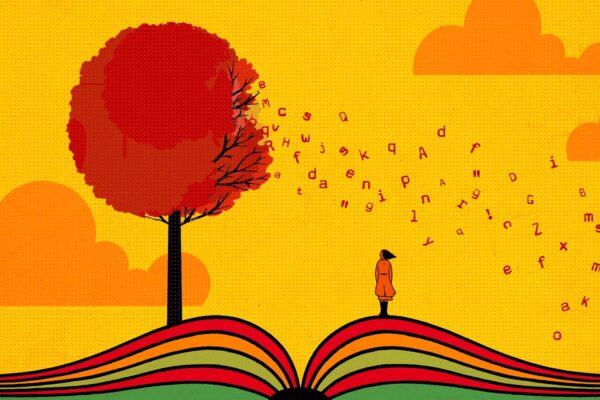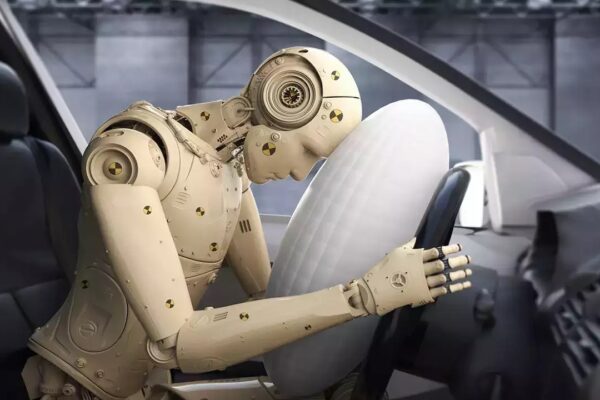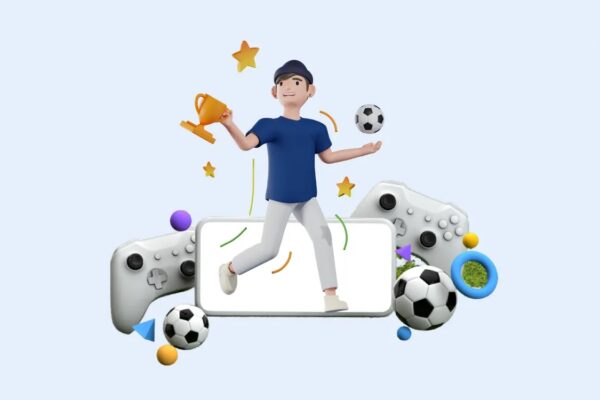Introduction
In this article, we delve into an in-depth examination of the Indian education system, aiming to highlight its inherent flaws and provide valuable insights for improvement. As we critically evaluate the system, we aim to offer a comprehensive perspective that helps us understand the challenges it faces and suggests ways to address them effectively.
The Outdated Curriculum: Hindering Progress
One of the primary issues plaguing the Indian education system is its outdated curriculum. The curriculum fails to keep pace with the rapidly evolving needs of the modern world, resulting in a significant gap between the skills students acquire and those demanded by employers. To bridge this gap, it is imperative to incorporate relevant, practical knowledge that equips students for the real world.
Rote Learning: A Barrier to Creativity and Critical Thinking
Rote learning, which emphasizes memorization over understanding, is another major setback in the Indian education system. Students are often compelled to cram vast amounts of information without truly comprehending the underlying concepts. This approach hampers the development of critical thinking skills, creativity, and the ability to solve problems innovatively. It is crucial to shift the focus from rote learning to a more holistic and application-based learning approach.
Examination-Oriented Culture: Neglecting Overall Development
The prevalent examination-oriented culture in India places excessive emphasis on high-stakes exams as the sole measure of success. This intense pressure on students to perform well leads to a narrow focus on academics, sidelining other crucial aspects of holistic development, such as sports, arts, and extracurricular activities. A balanced approach that recognizes the importance of both academic and non-academic pursuits is vital to nurture well-rounded individuals.
Lack of Individual Attention: Impeding Personalized Learning
Large class sizes and limited resources hinder the provision of individual attention to students. This impedes the adoption of personalized learning strategies that cater to the unique needs and learning styles of each student. By reducing class sizes, investing in teacher training programs, and leveraging technology, we can create an environment conducive to personalized learning, empowering students to reach their full potential.
Insufficient Focus on Practical Skills: Addressing Employability Gap
The Indian education system often fails to equip students with practical skills necessary for employability. Vocational training, internships, and industry exposure remain underemphasized. By integrating practical skill development programs, promoting collaboration between educational institutions and industries, and creating apprenticeship opportunities, we can bridge the employability gap and enhance students’ readiness for the job market.
Gender Disparities: Promoting Inclusive Education
Gender disparities persist in the Indian education system, with girls facing numerous challenges in accessing quality education. Socio-cultural factors, such as early marriage, safety concerns, and biases against female education, contribute to this disparity. To promote inclusive education, it is crucial to address these societal barriers, provide safe learning environments, and implement policies that actively encourage equal opportunities for all genders.
Lack of Teacher Training and Support: Enhancing Pedagogical Practices
Teachers play a pivotal role in shaping the future of education. However, inadequate teacher training and support hinder their ability to employ effective pedagogical practices. Investing in comprehensive teacher training programs, continuous professional development, and creating platforms for knowledge-sharing can empower educators and improve the overall quality of education.
Conclusion
In conclusion, the Indian education system faces numerous challenges that impede its ability to provide quality education aligned with the demands of the modern world. By addressing the flaws discussed in this article, including the outdated curriculum, rote learning, examination-oriented culture, lack of individual attention, insufficient focus on practical skills, gender disparities, and inadequate teacher training, we can pave the way for a reformed education system.








